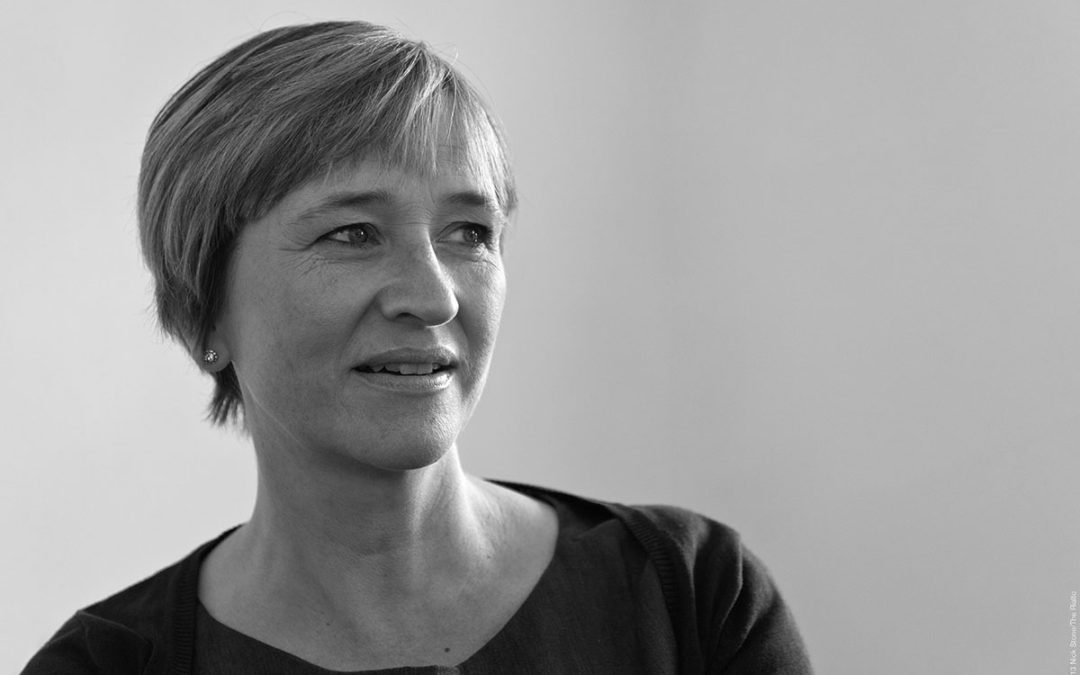What you left out by Laura Scott
The first time I heard it, its notes went through me
like milk through water, clouding into my bones
so I knew the end before it had even begun.
I sat and listened as you told me the story of the old man
and his three daughters, how he loved them all
but only one of them was good – the one who asked
for a rose instead of a dress, who talked of salt
instead of gold, who stood still and said nothing
while her sisters ran up and down flights of words.
And as the story drew itself around me, I saw her
sitting at a table, dragging her nail across the yolk,
rucking its film up into creases until it split
and the yellow pumped out into the white: that’s when
it all went wrong, the beast threw back his head
and roared until the leaves shook on the trees,
the meat wouldn’t cure and the fish started to rot
as soon as they left the sea, the kingdom split
into a thousand pieces and blew back into the old man’s eyes
like sand. And I waited for you to tell me about the mother –
how she loved this daughter best of all, how she stroked her hair
when she carried her back to the house at the end of the day.
(What I Saw, page 22)
I’ve been pre-occupied recently with the gap between my experience of poetry and what I perceive (partly through the unwillingness of readers to buy poetry) to be most people’s experience of it. I think of poetry as the most important art form we have. It contains sound (the voice, its rhythms, music), & thought (ideas, opinions, imaginings) & vision (pictures, images, conjurations). And poetry mixes sound, thought and vision into story-telling, that most fundamental use of language, the basis of so much discourse (‘how was your school/work/lover today, darling?’). I’ve been reading and re-reading this poem wondering how I can communicate my joy in it to someone who ‘doesn’t get on with’ poetry.
Michael Mackmin






